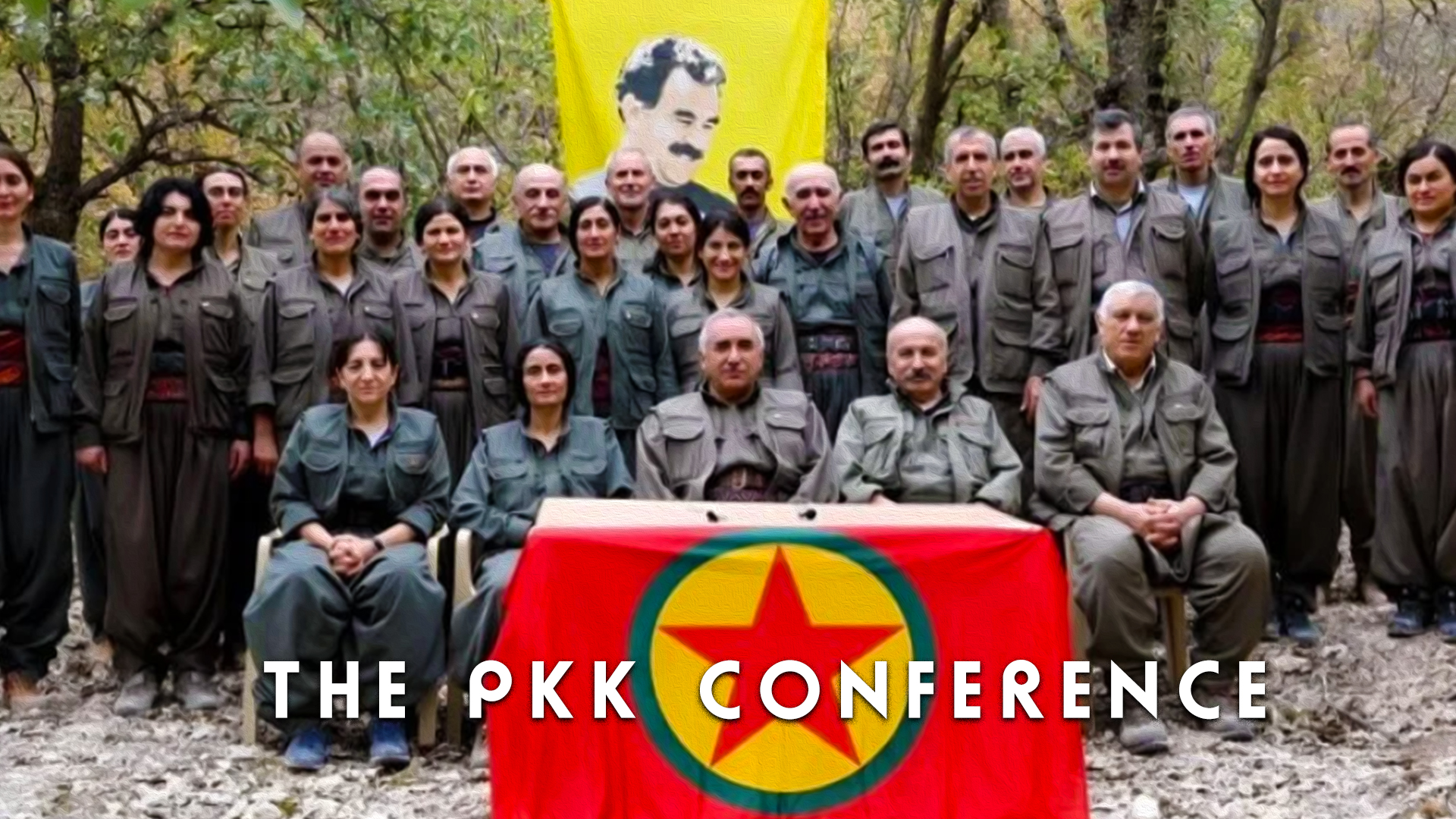The PKK Conference: A New Turning Point in the Path of Conflict and Peace and the Reshaping of the Middle East

The Kurdistan Workers’ Party (PKK) held its recent conference from May 5-7, amid extremely complex regional and international circumstances, characterized by accelerating geopolitical shifts, changes in the positions of major powers on issues in the region, and a renewed discussion about the future of political entities in the Middle East.
The conference, which was convened in response to a call from imprisoned leader Abdullah Ocalan, comes at a pivotal moment that, according to some observers, resembles the transformations that Ireland witnessed during the peace process with the Irish Republican Army (IRA), and also resembles Nelson Mandela’s movements during the phase of ending apartheid in South Africa.
So, what makes this conference exceptional? And why are its decisions viewed as potentially having an impact that goes beyond the Kurdish issue to reshaping the regional balance of power?
Therefore, it is necessary to read the dimensions of the conference in light of internal and external contexts, and to anticipate its potential repercussions on issues of peace, power, and identity in the Middle East.
First: The Symbolic Structure of the Conference and the Invocation of the “Ocalan Call”
When the PKK holds its central conference based on the “Abdullah Ocalan Call,” this not only carries an organizational significance but also opens the door to a deep philosophical and political approach. Ocalan, detained on Imrali Island for more than two decades, still constitutes the “philosophical mind” of the Kurdish movement in its modern ideological version. Since the early 2000s, he has adopted a new concept of freedom and democracy embodied in “Democratic Confederalism” as an alternative model to the nation-state. This call may indicate a new transition moment that could be towards a comprehensive internal political review, or towards an expanded peace initiative, or perhaps a redefinition of the historical function of the party in the Kurdish and regional scene.
Second: Regional and International Frameworks… A Time of Transformations, Not Stagnation
The holding of the conference at this time, and in light of the sharp polarizations witnessed in the region, indicates the party’s awareness of the need to adapt to multiple variables, including:
- The withdrawal of the United States from its dominant role in the region, and the vacuum filled by Russia, China, and Iran to varying degrees.
- Transformations in the Turkish-Arab relationship, and the Gulf-Turkish rapprochement; which is reshaping the balance of conflict in Syria and Iraq, especially in areas with a Kurdish majority.
- The rise of the Palestinian issue to the forefront of the global conflict; which forces liberation movements (including the party) to reposition themselves within a space larger than narrow identities.
- The escalating regional competition over energy sources and border crossings; where Kurdish areas acquire double strategic importance.
Third: From Resistance to a Symbolic State… An Intellectual Review
Some leaks indicate that the conference may have seriously discussed the transition from “armed resistance” to “social function and civil political organization,” which are transformations that similar movements (such as the Irish Republican Army or the African National Congress) have previously undergone.
Does this mean a retreat from armed struggle?
Not necessarily; rather, it seems that the party tends to reposition armed struggle as a “defensive tactic” within a broader strategy based on self-organization, community building, and formulating a moral-political project that imposes itself on the ground without waiting for international recognition.
Fourth: The Implications of the Conference on the Issues of Syria, Iraq, and Turkey
In Syria; the conference may reflect support for expanding the role of the “Autonomous Administration” to include a dimension deeper than local governance, and may pave the way for the formation of a unified political umbrella that brings together northern and eastern Syria and the democratic opposition; this may create a new negotiating space with Damascus, and perhaps with Ankara in the future.
In Iraq; the move indicates the possibility of activating the political dimension of the party in the Iraqi arena, especially after the weak performance of the traditional Kurdish forces; which may allow it to play the role of the revolutionary reference for the Kurdish issue in Iraqi Kurdistan.
In Turkey; the conference cannot be separated from the upcoming Turkish political entitlements, especially in light of the decline in popular support for the Justice and Development Party (AKP), and the possibility of a renewed discussion about “internal peace” under new conditions, in which the PKK is a difficult number that cannot be ignored.
Fifth: Towards a New Middle East
If predictions are correct that the conference decisions are heading towards a “comprehensive political declaration” that redefines the party’s role, this could be a prelude to deeper transformations, most importantly:
- Formulating an “alternative democratic axis” that transcends national borders, including ethnic, class, feminist, and youth movements from the Arab world, Turkey, and Iran.
- Creating international solidarity networks based on the principles of climate justice, gender equality, and social economy; approaches that the party has adopted for years.
- Undermining narratives of national and religious hegemony in favor of a narrative of “complex identity and moral-political society.”
While everyone awaits the official announcement of the conference decisions, It is clear that the Kurdistan Workers’ Party (PKK), with its extraordinary congress and the initiative of leader Abdullah Ocalan, has entered Turkey in particular, and the Middle East in general, into a new phase based on the principle of the democratic nation and ending internal and external conflicts, provided that the Turkish state takes serious steps towards the initiative, and the decisions of the conference in a way that serves the peoples of the region.




